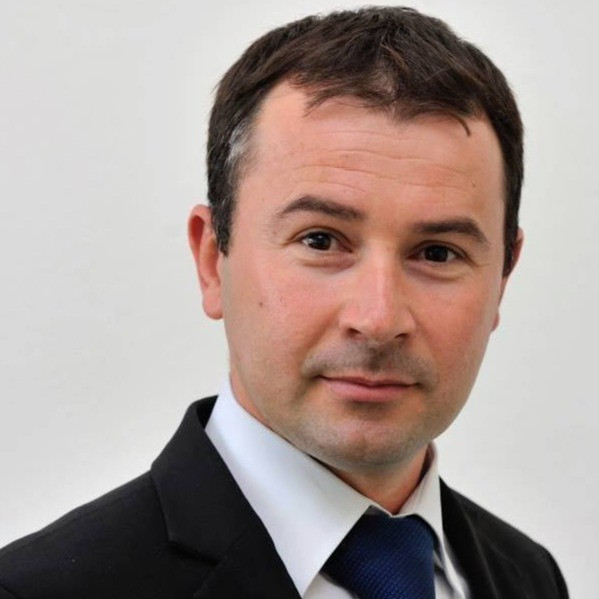
Polje Istraživanja: Education Elementary education Secondary education
Extracurricular activities represent educational, preplanned actions which enable complete confirmation of students’ personality as well as development of their communication skills and competencies; whilst they enable the teachers to expand their educational influence. Modern school can’t be imagined without innovations or modifications to the entire communicational discourse, since its perspective is to be a progressive model whereat main communicational types of behavior are learnt and formed. The research was carried out at primary and secondary schools in the area of Bosnia and Herzegovina (Mostar region) and it included 590 students and 315 teachers. With this empirical research we have tested the presence of a democratic, voluntary, partnership and pedagogic-stimulating communication within the process of putting the extracurricular activities into realization. The goal of our research was to determine whether there is a statistically significant difference between evaluations made by students and those made by teachers of primary and secondary schools that a democratic, voluntary, partnership and pedagogic stimulating communication is mostly dominant in the process of putting extracurricular activities into realization. The results we have collected have shown the difference between students’ and teachers’ perception of dominant communication in realization of extracurricular activities.
Communication is a great value of the whole humankind. People who communicate well are able to convey their knowledge and ideas to other people. Good and quality communication is necessary for functioning in all spheres of the social life, and at the same time for the functioning of the pedagogical-educational process. The research has been conducted for determining which types, i.e. what sort of communication is dominant in the relation principal - students. The sample included 590 students of primary and secondary school and 14 principals from the region of Herzegovina (Bosnia and Herzegovina). Licker's scale was used for gathering data. Results of the research showed that communication between principal and students, there was democratic, direct and non-violent communication between principals and students. Communication between a principal and students is still the area, which is not given great significance. Most often, the accent is on communication between students and teachers, avoiding the analysis of communication between students and principals. Although in the pedagogical-educational work, communication between students and teachers is dominant; our opinion is that it is necessary to develop this communicational area as well. Quality communication at school should be a strategic point of principals, and it should be planned and applied consciously and continuously.
Ova stranica koristi kolačiće da bi vam pružila najbolje iskustvo
Saznaj više